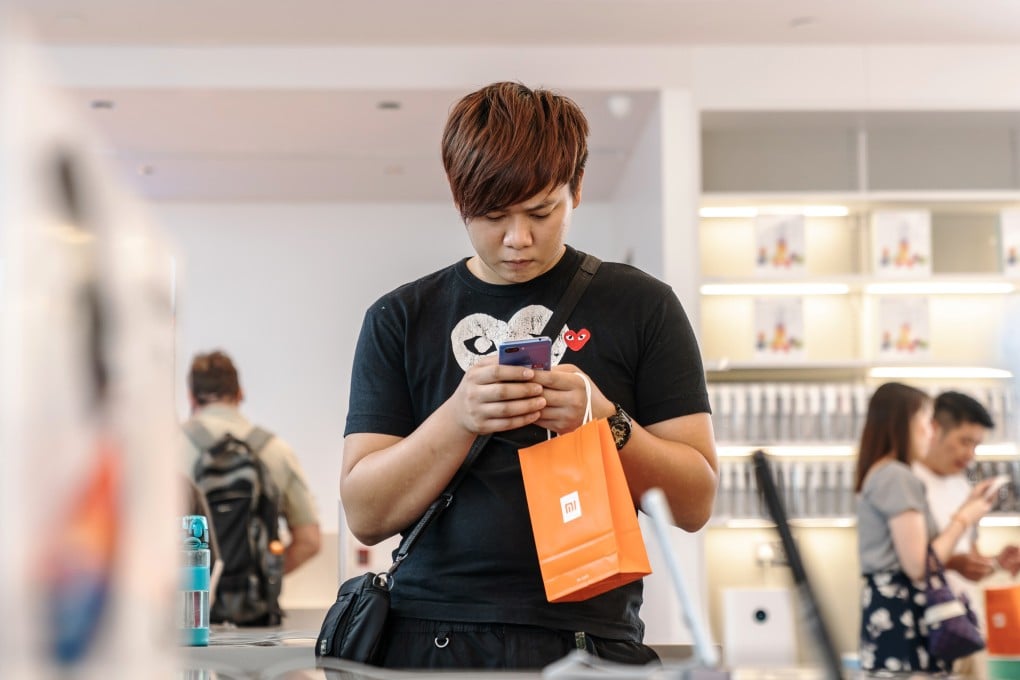Advertisement
Xiaomi’s spectacular gain outshines Alibaba and Wuxi Biologics in first week since trio tapped for Hang Seng Index
- Xiaomi shot up more than 18 per cent in first week since announcement it would be added to the benchmark
- The three stocks falling off the index – Want Want China, Sino Land and China Shenhua Energy – posted weekly declines
Reading Time:4 minutes
Why you can trust SCMP

Investors trying to capitalise quickly on the announced reshuffling of the Hang Seng Index were richly rewarded if they piled into Chinese smartphone maker Xiaomi this past week. It jumped 18.4 per cent, much more than e-commerce giant Alibaba and pharmaceutical developer Wuxi Biologics, the other two stocks that will be added to the board on September 7.
Advertisement
Investors can expect more volatility in the trio leading up to the changeover. The Hang Seng Indexes Company revealed the additions on August 14 after market close, effectively giving traders three weeks to strategise on how to try to profit from the shifts. Ahead of the trio’s being dyed blue – that is, becoming blue chips – passively managed funds tracking the index will have to add all three to their holdings. Generally that happens during the trading session before the official inclusion.
To make room for the newcomers, three laggards are being kicked out of the 50-stock index: snack maker Want Want China Holdings, Hong Kong property developer Sino Land, and coal miner and electricity generator China Shenhua Energy. All three lost ground last week.
Over the week, Xiaomi’s 18.4 per cent gain tied its performance for the week ending July 10, making them its best weeks since its first week after debuting two years ago. The number of Xiaomi shares changing hands this past Monday – the first session of trading after the announcement – was three times higher than on the previous Friday. And, according to stock exchange data, Xiaomi saw heavy buying from mainland investors over the week.
Meanwhile, Wuxi Biologics’s share price shot up 10.5 per cent, while the weekly gain of Alibaba, which owns the South China Morning Post, was just 2.4 per cent.
Advertisement

Advertisement